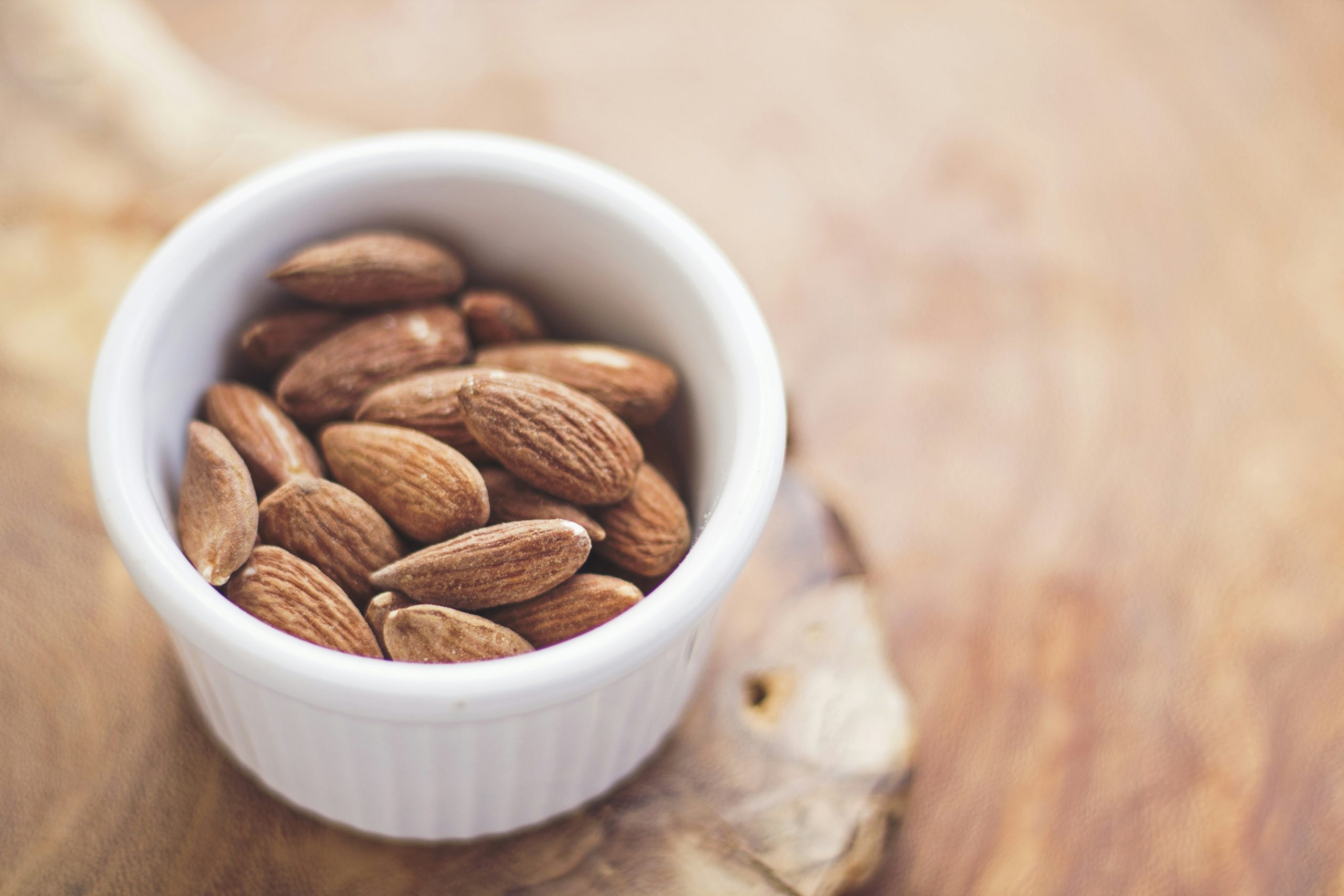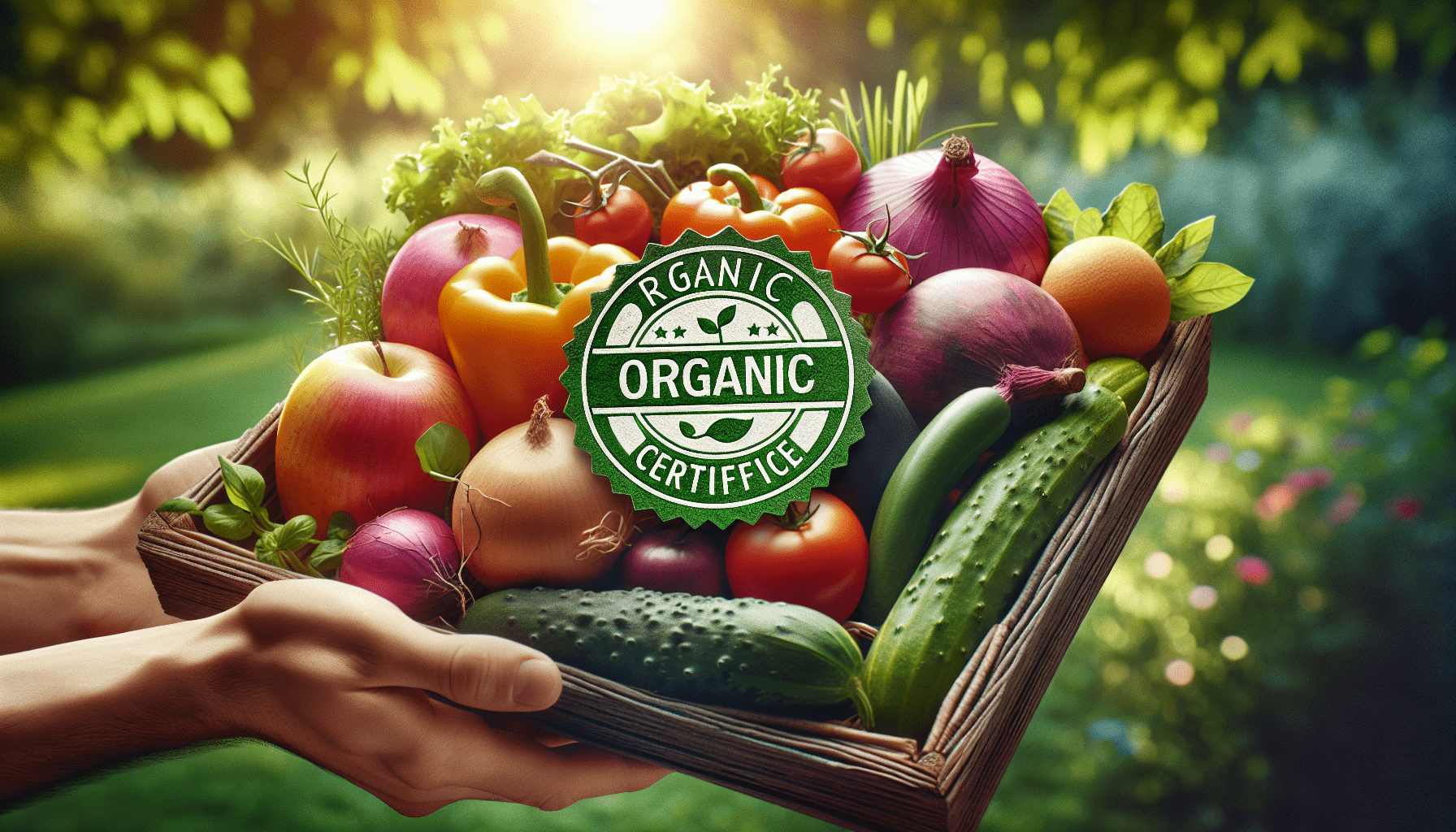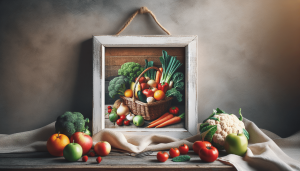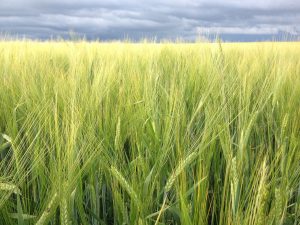Hey Everyone! Welcome to our latest article, “Certifications for Organic Foods Explained.” We’ll venture into the world of organic food certifications, breaking down the different labels and what they signify. Join us as we explore the standards and processes behind these official stamps of approval that ensure our food is genuinely organic and sustainably produced. Let’s dive in and demystify the certifications that guide us to make healthier and more eco-friendly choices! Have you ever wondered what certifications organic foods have? There’s a lot to unwrap here, and we’re excited to guide you through the ins and outs of organic food certifications. The world of organic products can be a little overwhelming, but understanding what makes that organic label special is key to making informed choices. Whether you’re a seasoned organic food enthusiast or just starting out, we hope that by the end of this article, you’ll have a solid grasp of the essentials.

What Does Organic Really Mean?
Organic food refers to the way agricultural products are grown and processed. It goes beyond just the absence of pesticides and prison-like conditions for animals. At its heart, organic farming aims for sustainability, biodiversity, and a balanced ecosystem. The term “organic” is also legally regulated in many countries, requiring certification to ensure standards are followed.
The Essence of Organic Farming
Organic farming focuses on using natural processes and materials. This means no synthetic pesticides or fertilizers. Instead, organic farmers use natural alternatives like compost and biological pest control. It’s all about working with nature, not against it.
Key Pillars of Organic Agriculture
There are several pillars at the core of organic agriculture:
- Soil Health: Maintaining and improving soil fertility using natural methods.
- Biodiversity: Encouraging a variety of plants and animals to create a balanced ecosystem.
- Animal Welfare: Ensuring animals are treated humanely.
- Sustainable Practices: Reducing environmental impact and promoting natural resource conservation.
Why Certification Matters
Certifications are crucial for maintaining the integrity of organic food. They provide consumers with assurance that the product meets strict agricultural standards. This means less confusion and more trust in what we’re eating!
Consumer Trust and Confidence
One of the primary reasons for certification is consumer trust. When we see a certification label, we know the product has been audited and meets certain standards. This removes the guesswork and allows us to make more informed choices.
Regulatory Compliance
Certifications ensure that producers comply with local, national, and sometimes international regulations. This not only protects us as consumers but also ensures fair competition among producers.
Common Organic Certifications
There are several well-known and respected certifications worldwide. Each has its nuances, but all focus on maintaining high standards for organic farming and processing.
USDA Organic
The USDA Organic certification is one of the most recognized labels in the United States. Let’s dive into what it entails.
USDA Standard Requirements
The USDA has strict guidelines that must be followed:
- No GMOs: Products must be GMO-free.
- No Synthetic Pesticides: Only natural pest management methods are allowed.
- Soil and Water Quality: Farmers must follow practices that protect soil and water.
Levels of Certification
The USDA Organic label can appear in three different ways on products:
| Label | Description |
|---|---|
| 100% Organic | All ingredients must be certified organic. |
| Organic | At least 95% of ingredients must be certified organic. |
| Made with Organic Ingredients | At least 70% of ingredients must be certified organic. |
EU Organic
In Europe, the EU Organic certification ensures products meet the Union’s stringent standards. This certification is common in many European countries.
EU Standard Requirements
Requirements for the EU Organic label include:
- Non-GM: GMOs are not allowed.
- Soil Management: Emphasis on maintaining natural soil fertility.
- Animal Welfare: High standards for humane animal treatment.
Inspection Process
Producers must undergo regular inspections by approved certification bodies to maintain their status. This rigorous process ensures ongoing compliance.
Canada Organic
Canada’s organic standards are known as Canada Organic. This certification is vital for products sold within Canada or exported from the country.
Canada Standard Requirements
Key guidelines include:
- Prohibited Substances: No synthetic pesticides or fertilizers.
- Animal Welfare: High animal care standards.
- Ecological Balance: Encouraging biodiversity and sustainability.
Equivalency Agreement with USDA
Canada Organic and USDA Organic recognize each other’s standards thanks to an equivalency agreement. This simplifies trade and ensures consistent organic quality across borders.
Other Notable Certifications
Besides the big three, there are several other certifications that might pop up on your organic products. Each comes with its own standards and reputation.
JAS (Japan Agricultural Standards)
The JAS certification is crucial for organic products in Japan. The standards are very similar to those of the USDA and EU but adapted for Japanese agriculture.
Australian Certified Organic (ACO)
ACO is Australia’s prominent organic certification. It applies similar rigorous standards to ensure product integrity and sustainability.
The Certification Process
Getting organic certification is no small feat. It involves a detailed process to ensure that the product genuinely meets organic standards. Let’s break it down.
Initial Application
Producers must submit a comprehensive application detailing their farming practices. This often includes descriptions of the land, crops, pest management strategies, and record-keeping systems.
Inspection and Review
An inspector conducts an on-site visit to verify the information in the application. This review is thorough, covering every aspect of the farming and processing operation.
Compliance and Continuous Monitoring
Once certified, producers must comply with ongoing inspections and record-keeping requirements. This ensures they maintain certified status and continue to meet organic standards.
| Step | Description |
|---|---|
| Application | Submit detailed application on farming practices. |
| Inspection | On-site visit to verify compliance. |
| Certification | Receive status if all standards are met. |
| Ongoing Compliance | Regular monitoring and records upkeep. |

Benefits of Organic Certification
Organic certification doesn’t just benefit consumers; it also has significant impacts on the environment, animal welfare, and even the economy.
Environmental Impact
Organic farming practices are designed to be sustainable and environmentally friendly. By avoiding synthetic chemicals, organic farming helps reduce chemical runoff into waterways, promotes biodiversity, and improves soil health.
Animal Welfare
Organic standards often include stringent animal welfare requirements. This means animals are treated more humanely, with better living conditions and access to the outdoors.
Economic Benefits
Certified organic products can command higher prices, which can benefit farmers. Additionally, organic farming can support local economies and reduce the economic impact of environmental degradation.
Health Benefits
Many believe that organic foods are healthier options due to the absence of synthetic pesticides and fertilizers. While the debate on nutritional benefits continues, many consumers feel better knowing they’re eating cleaner, pesticide-free food.
Challenges and Controversies
Organic certification, though beneficial, has its challenges and controversies. It’s important to look at these aspects to get a well-rounded view.
The Cost of Certification
One of the significant challenges is the cost associated with getting certified. For small farmers, the expenses involved in the application process, inspection, and ongoing compliance can be burdensome.
Accessibility and Supply Issues
Organic products can sometimes be harder to find, especially in regions where conventional farming dominates. This can make it difficult for all consumers to access organic options.
Debates on Nutritional Value
The nutritional benefits of organic versus conventional foods are often debated. While some studies suggest nutritional advantages, others find minimal differences. However, the reduced exposure to pesticides remains a strong point for organic proponents.

Conclusion: Making Informed Choices
Understanding organic certifications can greatly enhance our food choices. Knowing what each certification means allows us to select products that align with our values regarding sustainability, animal welfare, and health.
Choosing certified organic food supports a system of farming that works in harmony with nature, maintains rigorous standards, and seeks to benefit the environment, animals, and our health. While the journey to understanding organic certifications can be complex, we hope this guide helps make it a bit simpler and more approachable.
By taking the time to understand certifications, we’re not just making a choice; we’re making an informed, impactful decision. So, the next time we see that familiar organic label on a product, we’ll know exactly what it stands for and why it matters. Here’s to making smart, sustainable choices together!




